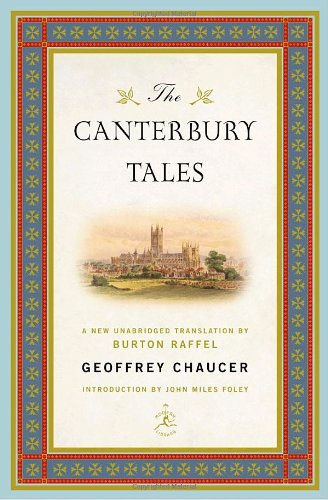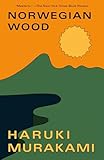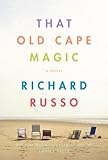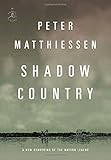Ralph wrote in with this question:
I am a frequent The Millions reader and have a question. Can you suggest the best translation of Stendhal’s The Red and The Black or, perhaps, which translation or edition is considered “definitive”? I believe Scott-Moncrieff’s translation was long considered definitive, but there is a more recent translation by Burton Raffel. I’m interested in a recommendation from a trusted source.
 Choosing a literary translation tends to be a matter of taste, but according to our researches Burton Raffel‘s translation of Stendhal‘s under-appreciated novel The Red and the Black seems the most promising. By some accounts, Raffel’s our greatest living translator. He has made a business of bringing overlooked “great books” (Don Quixote, The Canterbury Tales, Pere Goriot, Gargantua and Pantagruel, most of Chretien de Troyes‘ writings) back to life by recasting them in a contemporary American idiom. Modern Library’s rather sexy cover of Raffel’s The Red and the Black testifies to his approach. A lot of readers like Raffel’s style—Michael Wood quite liked his Don Quixote when he reviewed it at the LRB, and Elif Batuman, our occasional contributor and consulting scholar on the European novel, also recommends it. Raffel’s translations are funnier than his rivals’ and they read more easily—but this comes at the expense of precise literal accuracy. If you’re a stickler for literal translations, Raffel might not be for you.
Choosing a literary translation tends to be a matter of taste, but according to our researches Burton Raffel‘s translation of Stendhal‘s under-appreciated novel The Red and the Black seems the most promising. By some accounts, Raffel’s our greatest living translator. He has made a business of bringing overlooked “great books” (Don Quixote, The Canterbury Tales, Pere Goriot, Gargantua and Pantagruel, most of Chretien de Troyes‘ writings) back to life by recasting them in a contemporary American idiom. Modern Library’s rather sexy cover of Raffel’s The Red and the Black testifies to his approach. A lot of readers like Raffel’s style—Michael Wood quite liked his Don Quixote when he reviewed it at the LRB, and Elif Batuman, our occasional contributor and consulting scholar on the European novel, also recommends it. Raffel’s translations are funnier than his rivals’ and they read more easily—but this comes at the expense of precise literal accuracy. If you’re a stickler for literal translations, Raffel might not be for you.
For a more detailed take on Raffel’s The Red and the Black and rival translations, we present this excerpt from Allen Barra‘s Salon review, featured on Powell’s Review-A-Day, which offers, among other things, a comparison of Raffel’s translation with C.K. Scott Moncrieff‘s noted 1926 version of Stendhal’s classic:
Yet if some modern readers have been slow to come to Stendhal, a possible reason is that his best novels don’t read as modern as they feel. The famous C.K. Scott Moncrieff translation for Modern Library was first published in 1926. Margaret R.B. Shaw’s 1953 translation for Penguin reads like a translation of an 18th century novel.
The new translation by Burton Raffel rocks. Or, more precisely, it’s a blast, which is exactly how Raffel (a distinguished professor of humanities at the University of Louisiana at Lafayette who has also dragged Balzac’s old warhorse, Pere Goriot, kicking and screaming into the 21st century) has Julien describe his own life: “‘If you give me twenty francs,’ he says to a visitor while awaiting his trip to the guillotine, ‘I’ll tell you, in detail, the story of my life. It’s a blast.'” Raffel restores to Stendhal the quality that, in the words of V.S. Pritchett, makes “each sentence of his plain prose” read like “a separate shock.
Let’s compare two different versions of the oft-quoted passage on Julien’s narcissism, translated first by Moncrieff then by Raffel:
— “Julien’s life was thus composed of a series of petty negotiations; and their success was of far more importance to him than the evidence of a marked preference for himself which was only waiting for him to read it in the heart of Madame de Renal.”
— “Julien’s life was thus composed of a series of petty negotiations, and their success concerned him far more than the signs of special affection he could have read in Madame de Renal’s heart, if only he had bothered.”
Thanks to outdated translations, Stendhal has spent the last few decades languishing in the twilight realm of the praised but unread. Now, thanks to Raffel’s translation, Julien Sorel can begin haunting the 21st century.













